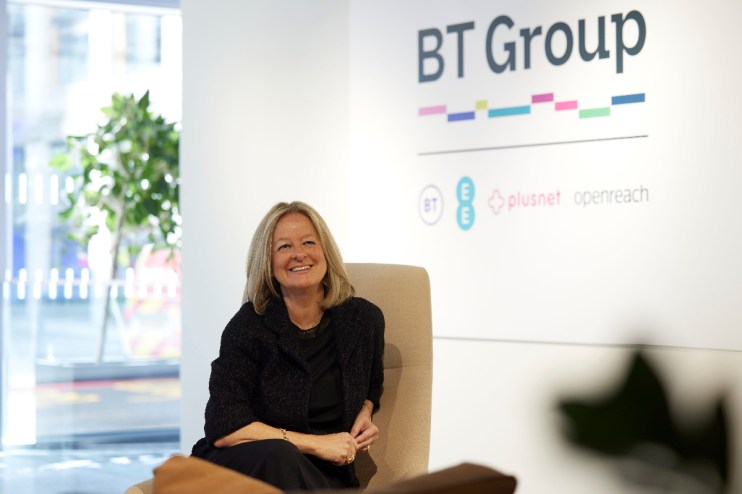‘I always love to squeeze the shorts’: Hedge funds burned as BT shares surge

Investors who placed a record £300m bet against BT earlier this week may be feeling the heat as shares in the telecoms giant surged by as much as 13 per cent on Thursday after it surprised the market with bullish guidance.
According to public filings, hedge funds such as AKO Capital and Kintbury Capital, alongside institutional investors like Canada Pension Plan Investment Board and BlackRock Investment Management, have placed large bets against Britain’s largest telecoms company.
Data provided by Breakout Point revealed their combined short position amounted to 2.79 per cent of BT’s shares – the biggest publicly disclosed bet against the company in percentage terms since the Financial Conduct Authority (FCA) records began in 2012.
But BT today released new guidance for significantly increased cash flow, more cost savings and a higher dividend for shareholders, despite a nearly £500m writedown on its business unit.
The short sellers “might be shocked at the new guidance unveiled alongside full-year results,” said Russ Mould, investment director at AJ Bell.
“Certainly, the share price is now travelling in the opposite direction they wanted, and the short sellers may decide to close out those trades if market sentiment has now improved for BT,” he added.
Since September last year, the amount of stock on loan to short sellers has risen from 0.5 per cent to 2.74 per cent.
Chief executive Allison Kirkby said: “I always love to squeeze the shorts . . . and prove them wrong”.
BT’s results were also buoyed by a dividend raise of four per cent, taking the total yield to seven per cent, despite a couple of brokers expecting a cut.
Capital expenditure was lower than expected and cash flows were eight per cent ahead of expectations. BT has guided to a 15 per cent increase in free cash flow next year and of £3bn by 2030, compared to £1.3bn for this year.
“These mid-term targets are significantly ahead of where consensus was,” said Matt Dorset, equity research analyst at Quilter Cheviot, adding that “the valuation remains very attractive.”
While revenue for the group remained stable, at £20.8bn compared to £20.7bn in the year before, profit before tax fell 31 per cent.